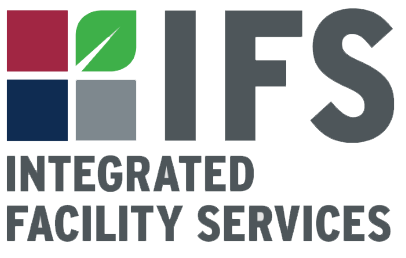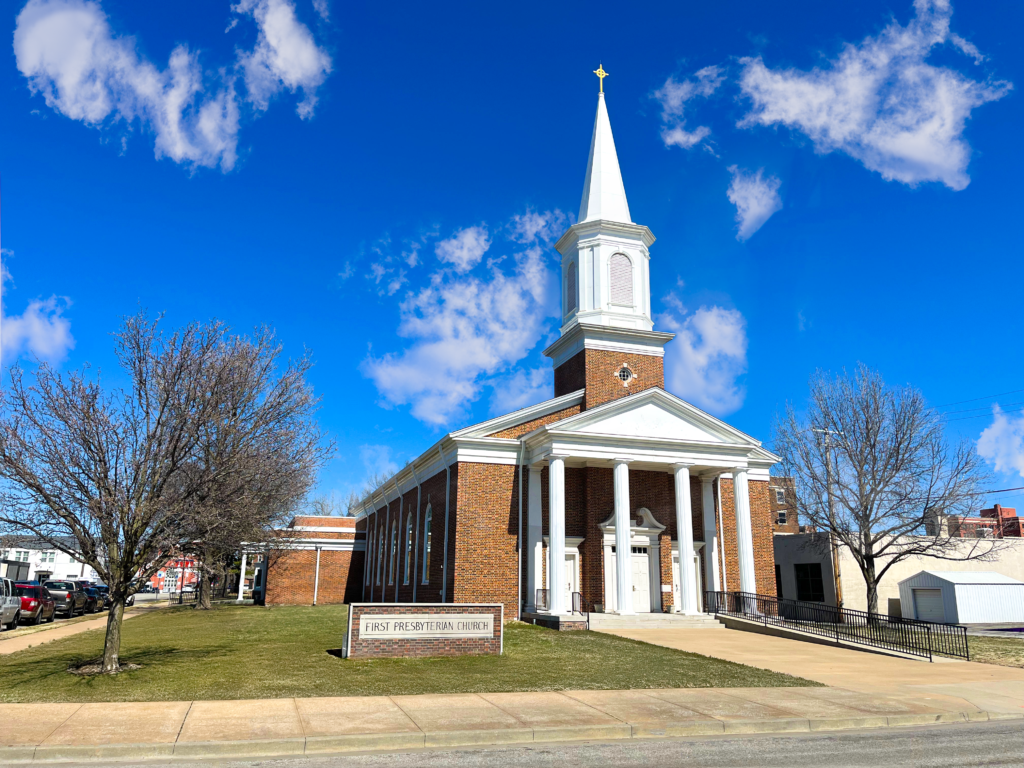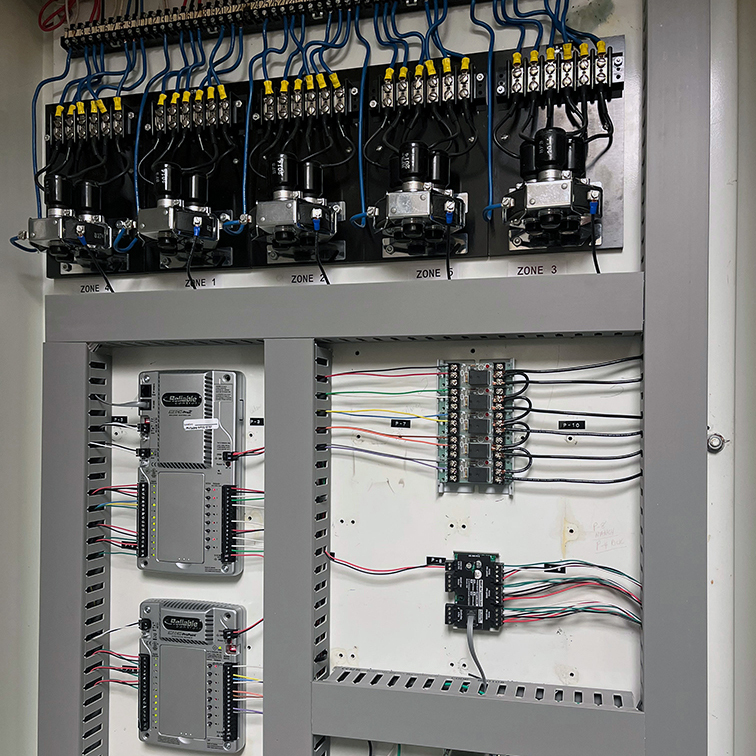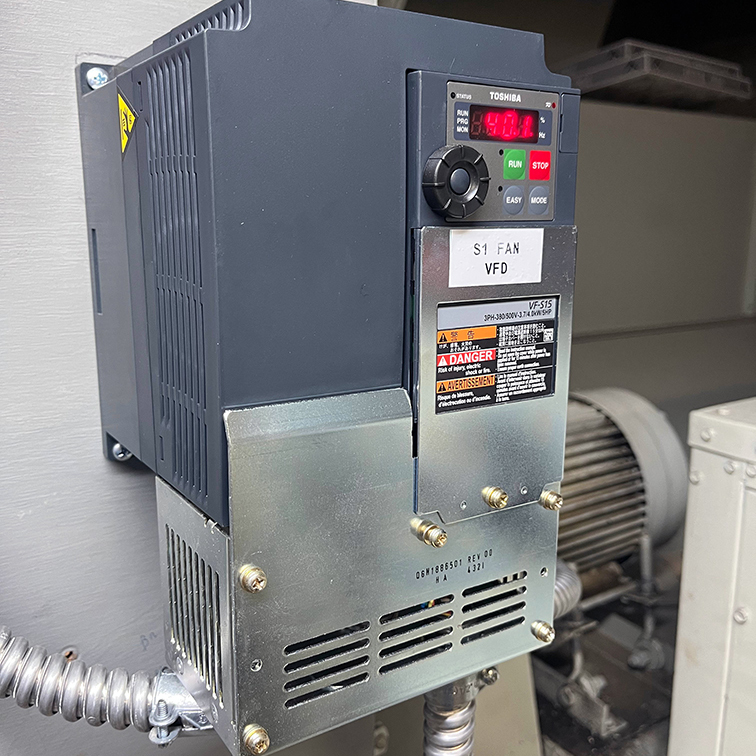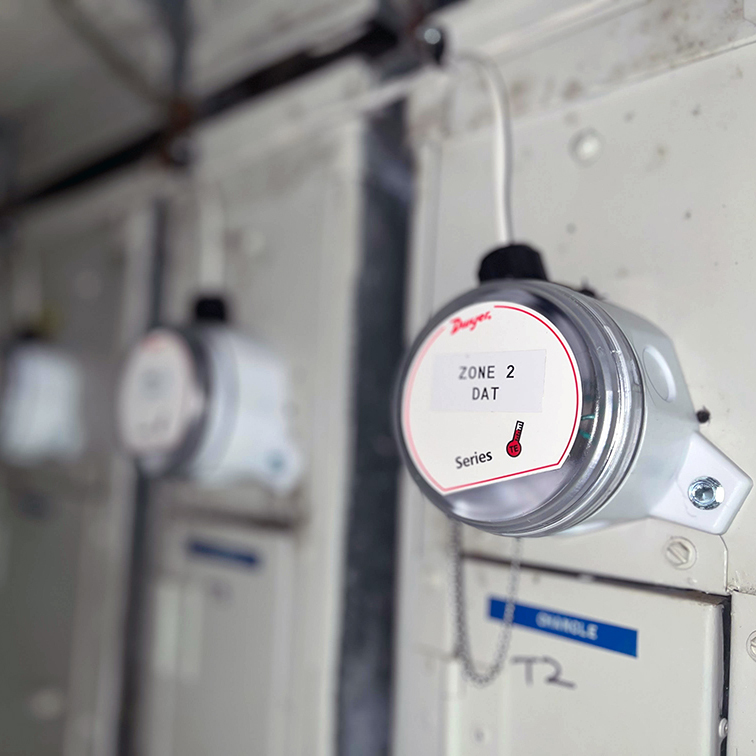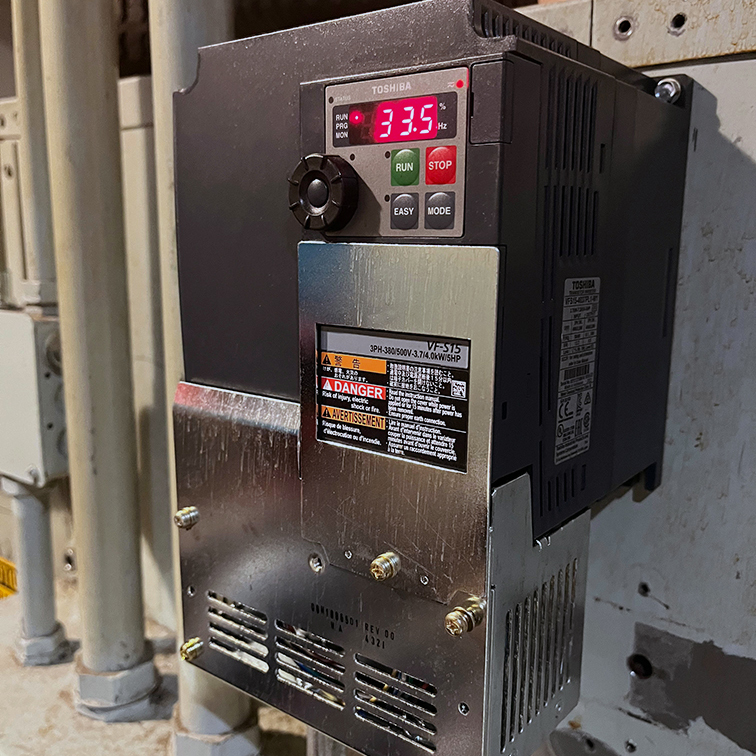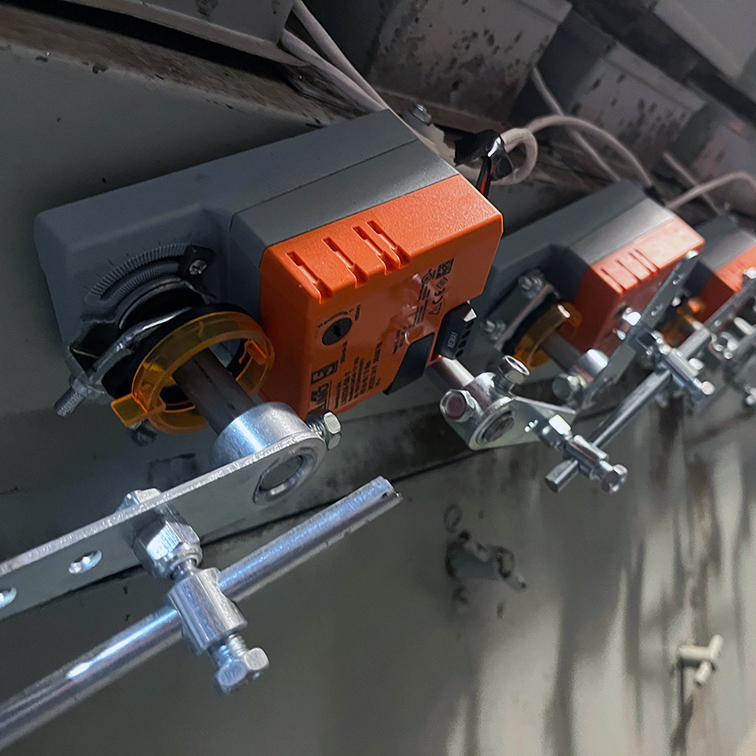Integrated Facility Services (IFS) undertook a pivotal role as the prime contractor in the comprehensive controls retrofit project at the First Presbyterian Church of Joplin, Missouri. This initiative aimed to revolutionize energy efficiency within the church’s expansive facilities, which encompassed offices, worship areas, and an active school. Throughout the project duration, IFS prioritized maintaining the seamless operation of the church’s daily activities, adhering to a strict timeline while implementing robust energy-saving solutions.
The challenge at hand stemmed from an outdated building automation system that severely hampered operational efficiency. The existing system lacked modern control technologies, resulting in erratic operational sequences and excessive energy consumption. Notably, the absence of variable frequency drives (VFDs) on fan motors meant that HVAC units operated at full capacity regardless of demand fluctuations, contributing significantly to elevated energy costs. The multi-zone air handling units further compounded these issues by failing to provide optimized performance and energy conservation, highlighting an urgent need for system modernization.
In response to these challenges, IFS and Boyt Services (Energy Engineer), created a tailored solution designed to elevate the building’s operational efficiency to contemporary standards. The cornerstone of this solution involved upgrading the outdated automation infrastructure with advanced control systems and integrating VFDs on all fan motors. This upgrade facilitated precise modulation of airflow, dynamically adjusting fan speeds in real-time to match building demand, thereby curbing unnecessary energy consumption. Furthermore, the conversion to Variable Volume and Temperature (VVT) control systems introduced enhanced temperature management capabilities, ensuring optimal comfort levels throughout the church’s diverse spaces while further reducing energy expenditures.
Central to the success of the project was IFS’s commitment to seamless collaboration with the church’s facilities management team. This partnership ensured that all retrofit activities were executed with minimal disruption to ongoing church and school operations. By employing meticulous planning and effective communication, IFS successfully implemented high-performance operational sequences that adapted fluidly to varying load conditions. The outcome was a substantial reduction in operational costs, marked improvements in energy efficiency, and heightened occupant comfort—achievements that underscored IFS’s dedication to delivering sustainable, client-centric solutions.
In conclusion, the controls retrofit project at the First Presbyterian Church of Joplin stands as a testament to IFS’s expertise in optimizing building performance through innovative technological solutions. By modernizing the church’s HVAC system and enhancing control strategies, IFS not only achieved significant energy savings but also fortified the church’s commitment to sustainability and operational excellence, setting a benchmark for future projects within the community and beyond.
